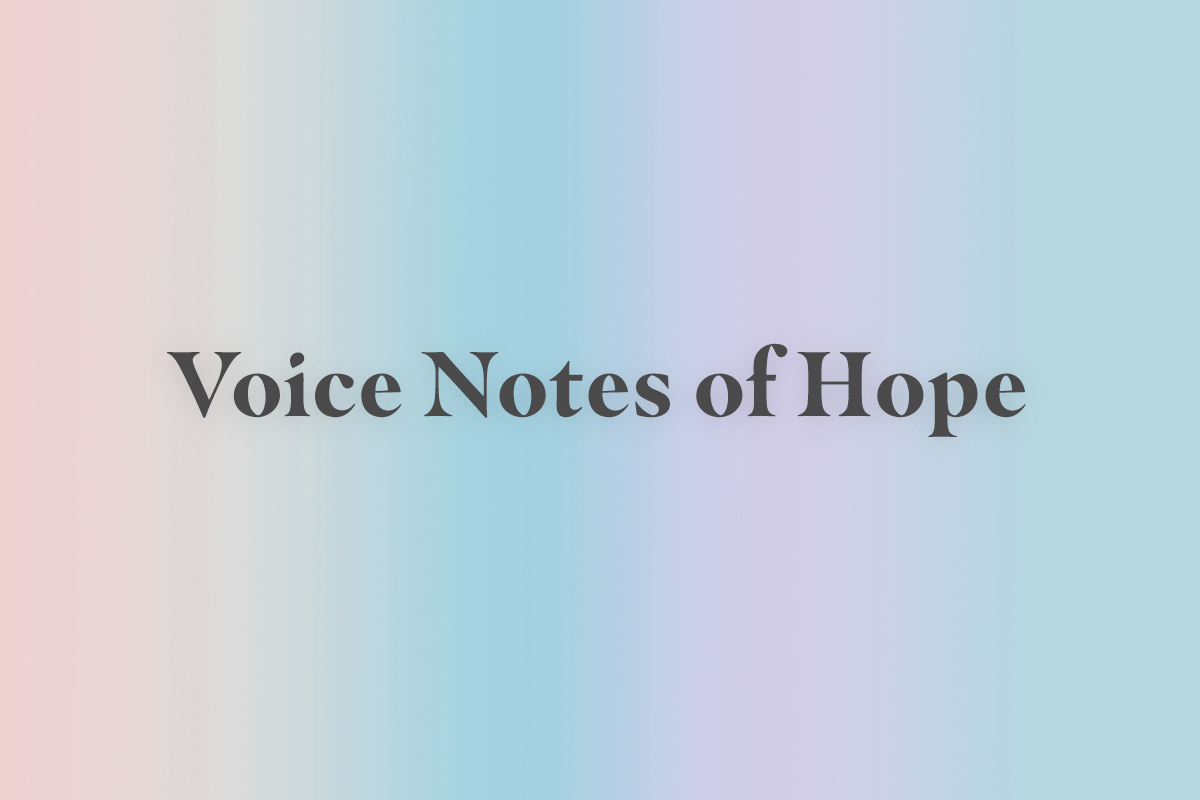Election day is tomorrow. You may be craving some calming perspective. We’ve been collecting just that for the past few weeks: soothing reflections from some of our favorite rabbis, about how they maintain hope, in their own voices. Here’s all of their wisdom in one place.
Rabbi Steven Philp tells us, “The Hasidic master, Rabbi Nachman of Bratslav, teaches: Although the world is a very narrow bridge, it is essential that we not give in to fear. Hope is not contingent on the certainty of tomorrow, but is the lesson of the story we tell when we look at how far we’ve come to reach this moment.”
Rabbi Emily Cohen says that “sometimes hope is something that we have to create ourselves. We can’t just pick it up off the ground. We have to plant the seeds, and we have to wait, and watch, and water, and, slowly, hope will grow again.”
Rabbi Avram Mlotek reminds us that “the Jewish people have survived many a pandemic and many a maniacal dictator in the past — to say the least.”
Rabbi Danya Ruttenberg brings us again to the teachings of Rabbi Nachman: “Gevalt!!! Never give up hope! There is no despair… In Yiddish, gevalt has connotations of a cry, or a scream.” It seems Judaism offers many solutions when we feel like there’s nothing to do but scream.
Rabbi Daniel Atwood points out that “God made a promise that the world will never be totally destroyed again. Right now, it might feel like we are coming awfully close. [But] even with everything going on, the world is still spinning, and God promised that it won’t stop.”
Rabbi Sandra Lawson tells us that “we are descended from one being, which makes us family, it makes us siblings, it makes us brothers and sisters.”
Rabbi Sari Laufer takes solace in the Book of Lamentations, Eicha: “We cannot escape the pain of Eicha — we have to sit in it. But, we also need not escape the possibility that oolay yesh tikvah, maybe there is hope, and we need not ignore the evergreen reminder from our Psalms, that those who sow in tears, will reap in joy.”
Rabbi Becky Silverstein says, “As I look around, I see people finding their something — their role, the way they fit in to building a world of dignity and justice for all, the thing that allows them to breathe deep.”
Rabbi Sara Zober shares that “hope is our method of nourishment, and it’s active, something we have to immerse ourselves in. Hope is the purifying pool we have within us to withstand rejection after rejection, setback after setback, loss after loss.”
And lastly, Rabbi Ruth Abusch-Magder offers her gratitude practice: “[The] very basic idea that we should be grateful for our breath is key in this moment of so much uncertainty about our health, but I don’t stop there. I use the Modeh Ani to build a list of at least five things for which I’m grateful over the last day.”



